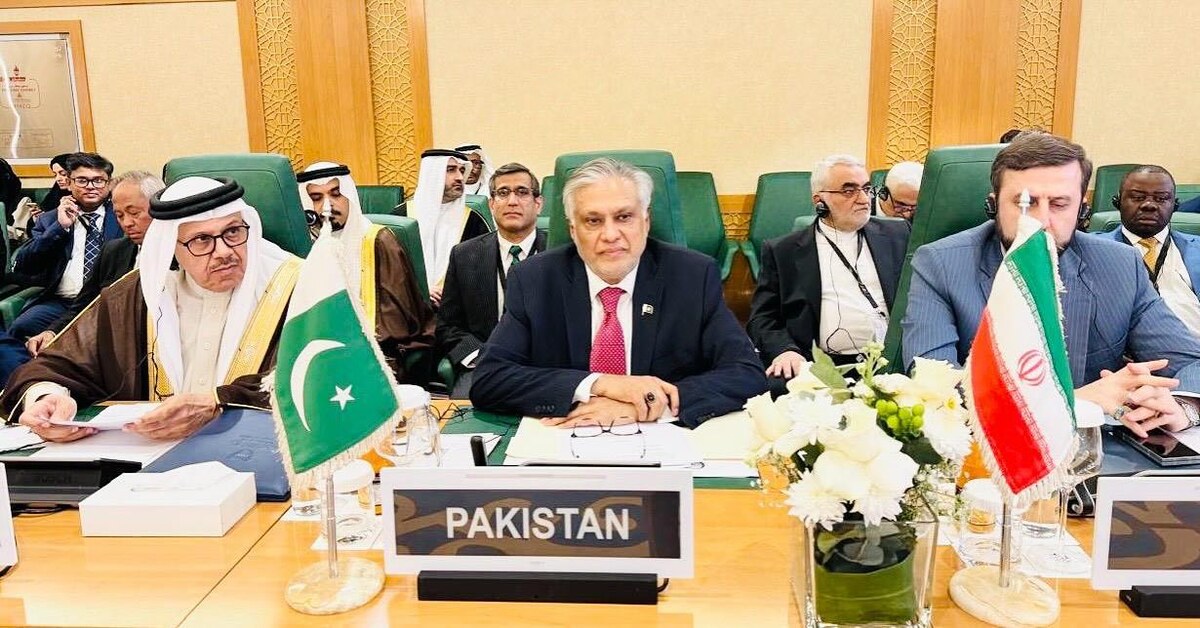KARACHI: Murad Ali Shah, the chief minister-elect of Pakistan’s southern Sindh province, on Tuesday took oath of his office for the third time as opposition parties observed a “black day” to protest alleged rigging of Feb. 8 national election in the province.
Shah, a Stanford University graduate who has worked as a professional engineer and banker, was first elected to the top provincial office in 2016, when his party removed veteran politician, Qaim Ali Shah, from the post after criticism over his way of administering the province.
In 2018, Shah was again elected as the chief minister after his Pakistan People’s Party (PPP) won majority in the province. He served on the post until August last year. In the Feb. 8 national election, the PPP once again bagged the highest 84 provincial seats and nominated Shah as the candidate for CM’s office.
On Monday, Shah, whose father Abdullah Shah also served as the chief minister of Sindh, was polled 112 votes in the 168-member Sindh Assembly, while his opponent, Ali Khurshidi, from the Muttahida Qaumi Movement-Pakistan (MQM-P) secured 36 votes.
“Governor Sindh Kamran Tessori administered oath to Murad Ali Shah in an oath-taking ceremony at Governor House,” a spokesperson of the Sindh chief minister house said in a statement on Tuesday.
PPP Chairman Bilawal Bhutto-Zardari, Sindh Assembly Speaker Owais Qadir Shah, Deputy Speaker Anthony Naveed and newly elected members of the PPP attended the oath-taking ceremony, according to the statement.
Born in the provincial capital of Karachi in August 1962, Shah acquired his early education from St. Patricks High School and a Bachelor’s degree in Civil Engineering from the NED University of Engineering and Technology. He pursued dual Masters of Science degrees in Civil-Structural Engineering and Engineering Economic Systems from Stanford University in California.
Shah has an extensive experience of working in both public and private sectors in Pakistan, UK, Kuwait, and the US from 1986 to 2002. He worked as an engineer at multiple positions before becoming an investment banker at prestigious institutions like Citibank and the Gulf Investment Corporation.
In 2002, Shah ventured into politics and has since excelled in navigating the tricky arena, winning five provincial assembly elections and holding key provincial portfolios like revenue, irrigation, finance, energy and planning and development.
Shah’s oath-taking was held amid a protest by opposition parties, including the Grand Democratic Alliance (GDA), Jamaat-e-Islami (JI) and Jamiat Ulema-e-Islam (JUI), outside the Karachi Press Club. The protesters alleged their mandate had been stolen in the Feb. election.
“As we protest here, the thieves who stole our mandate took oath of the office,” GDA general-secretary Dr. Safdar Abbasi said, adding his group would soon announce its next line of action to reclaim its mandate.
“The masses will not accept the hybrid dictatorship,” JI’s Dr. Osama Razi told a few hundred protesters from the three opposition groups.
A day ago, jailed former prime minister Imran Khan’s Pakistan Tehreek-e-Insaf (PTI) party also announced observing a black day on Tuesday against what it called an “election fraud,” however, the party did not attend the demonstration outside the Karachi Press Club.














